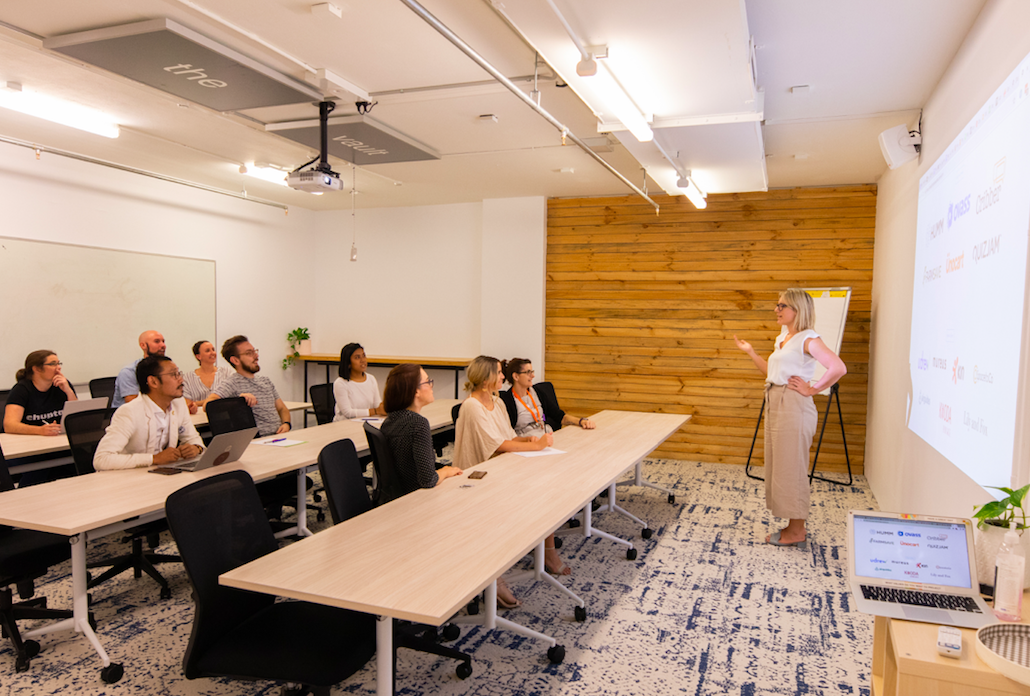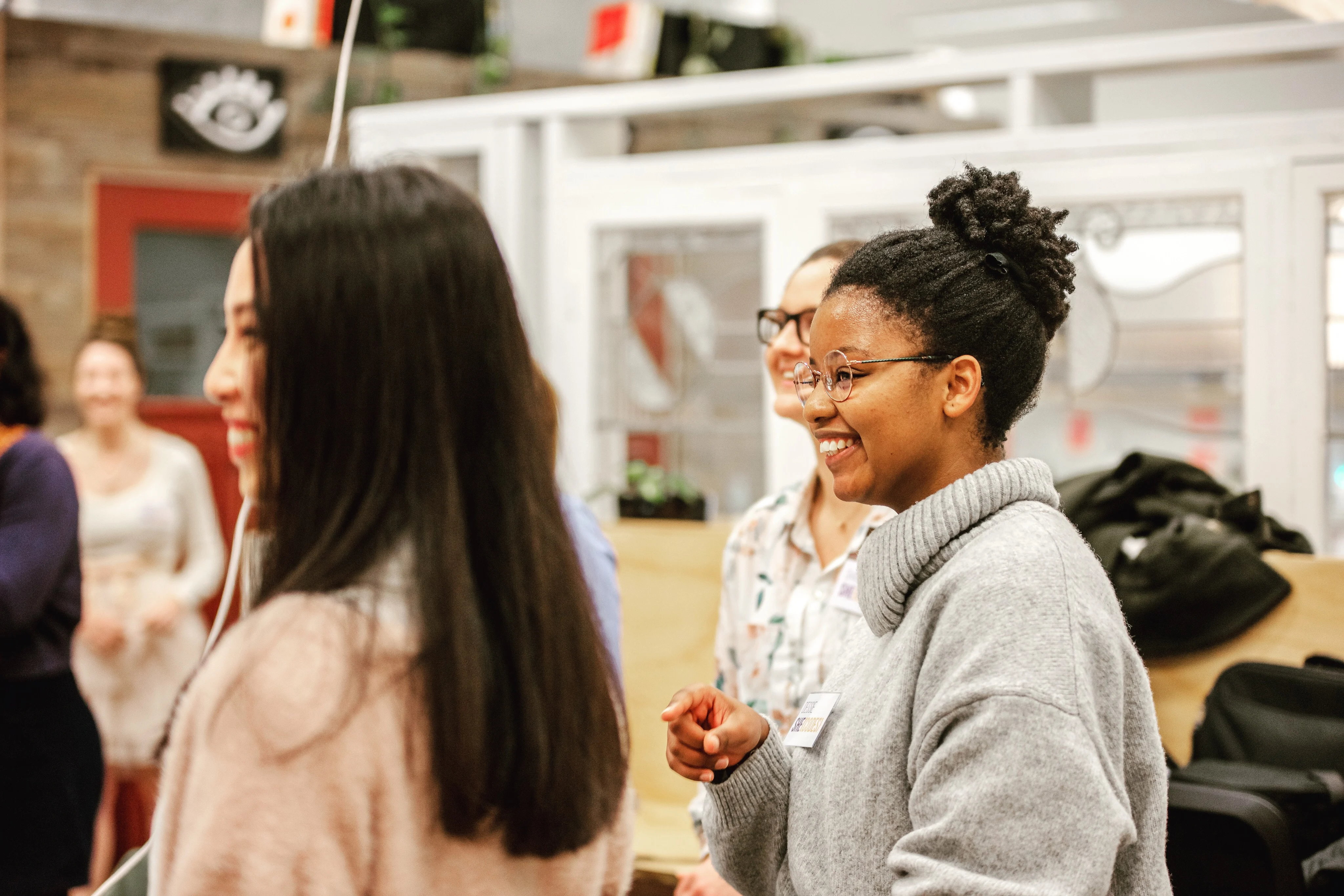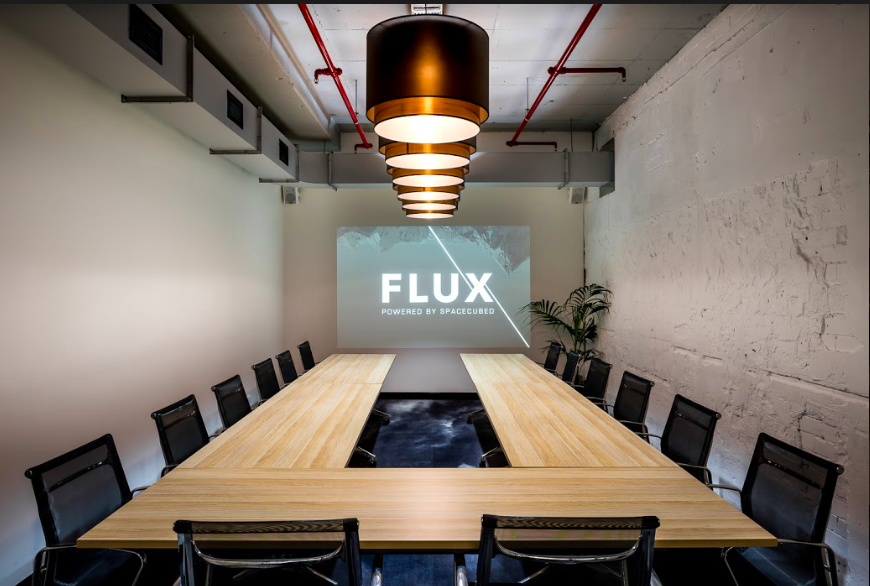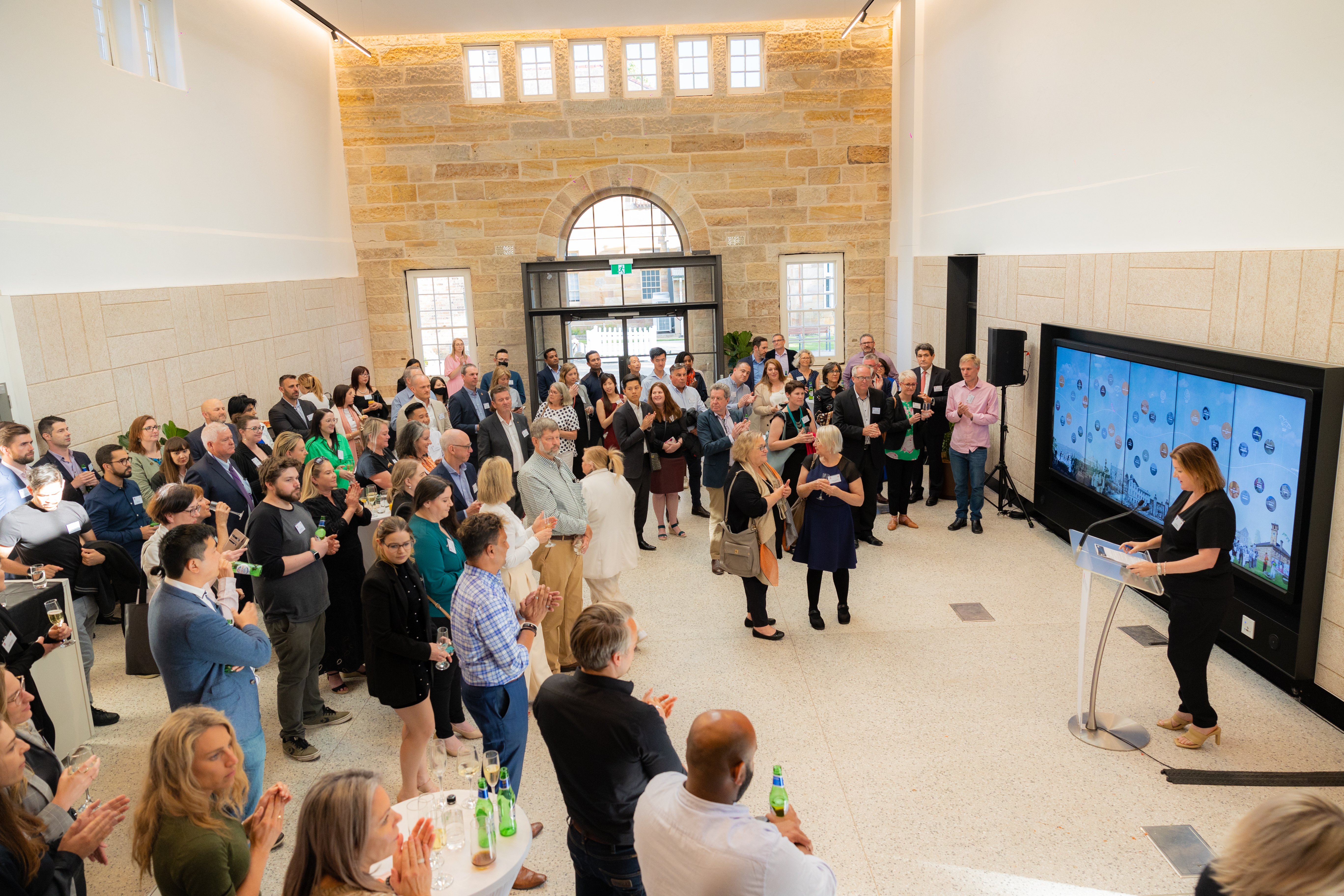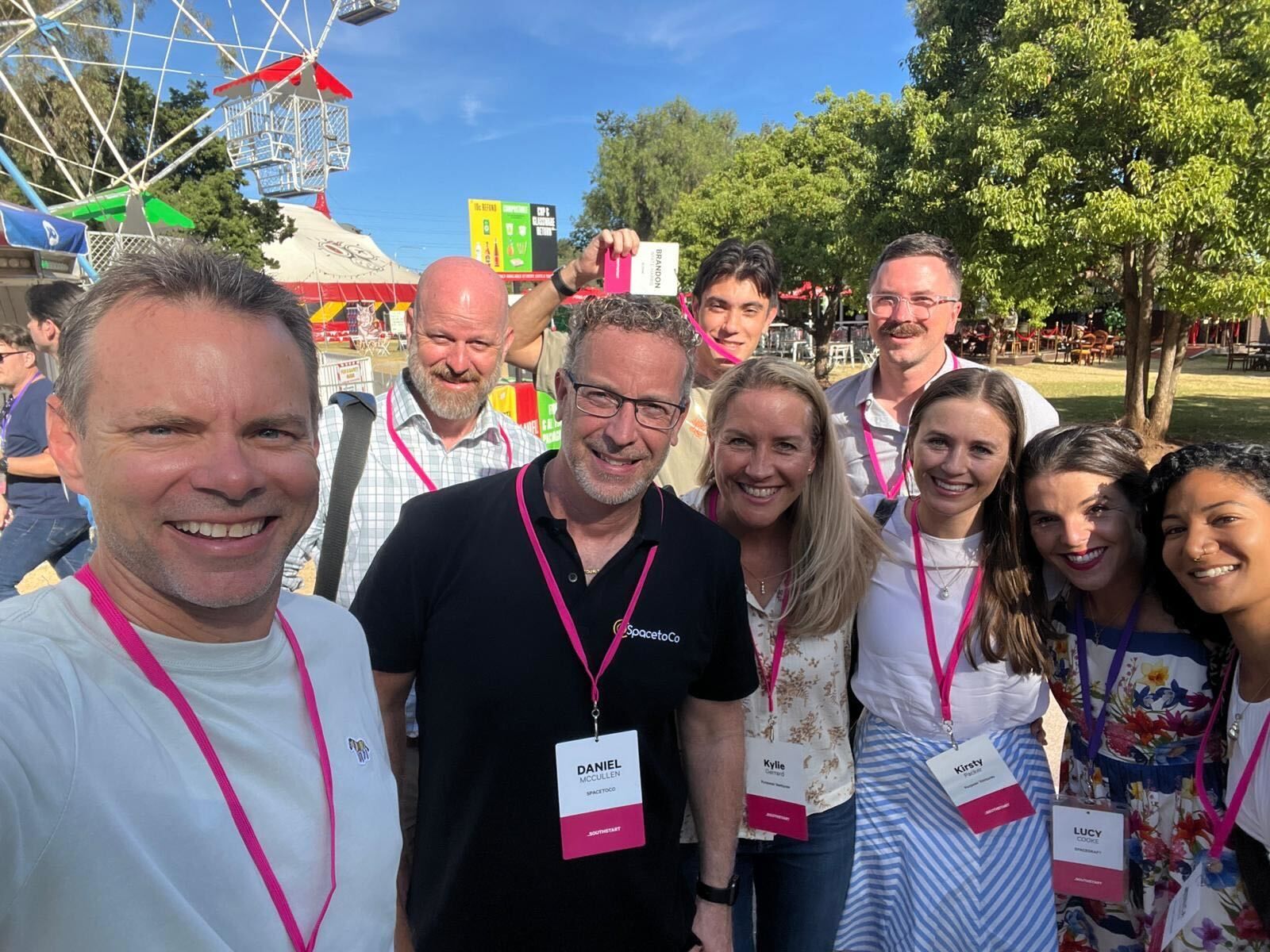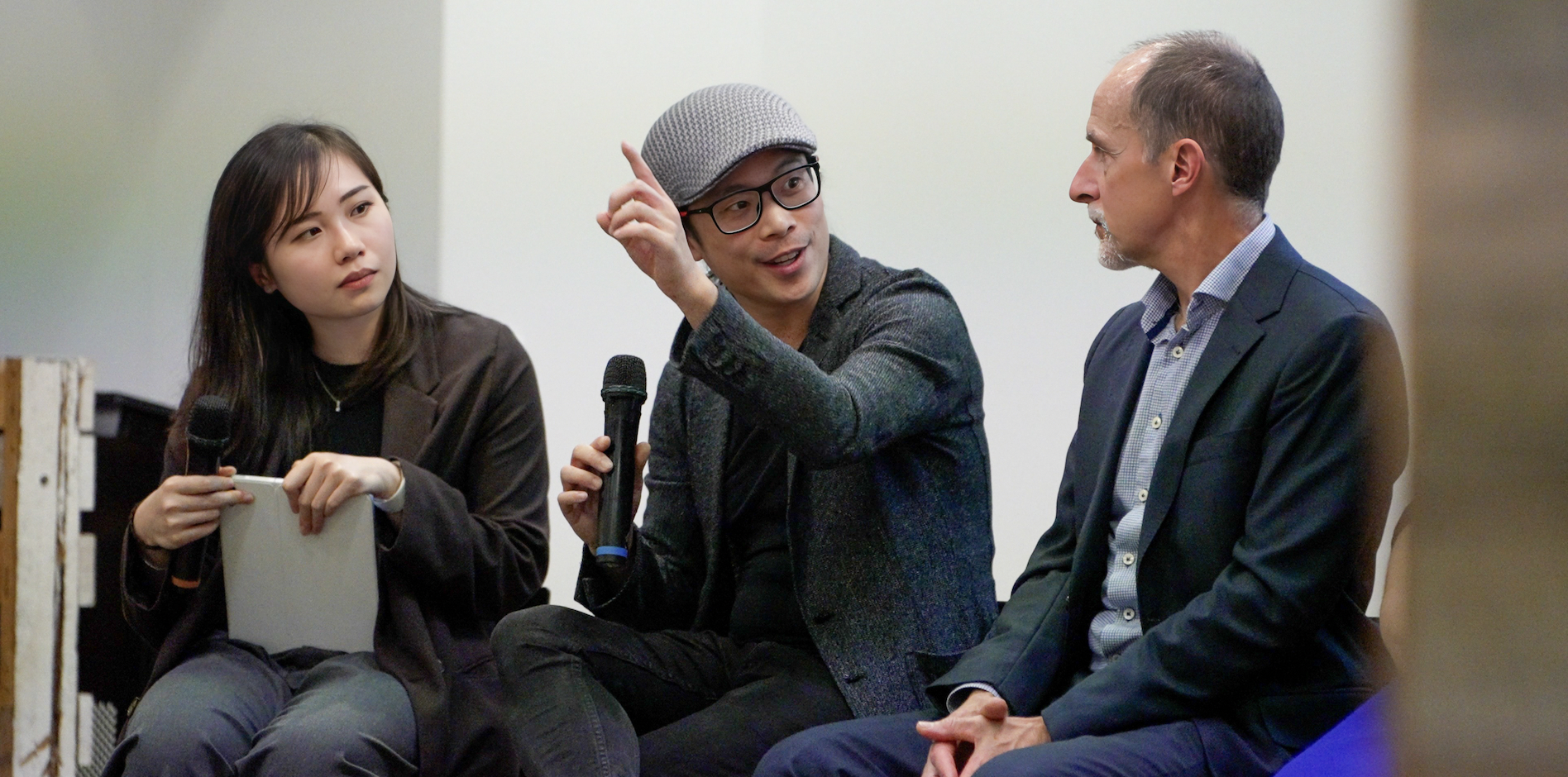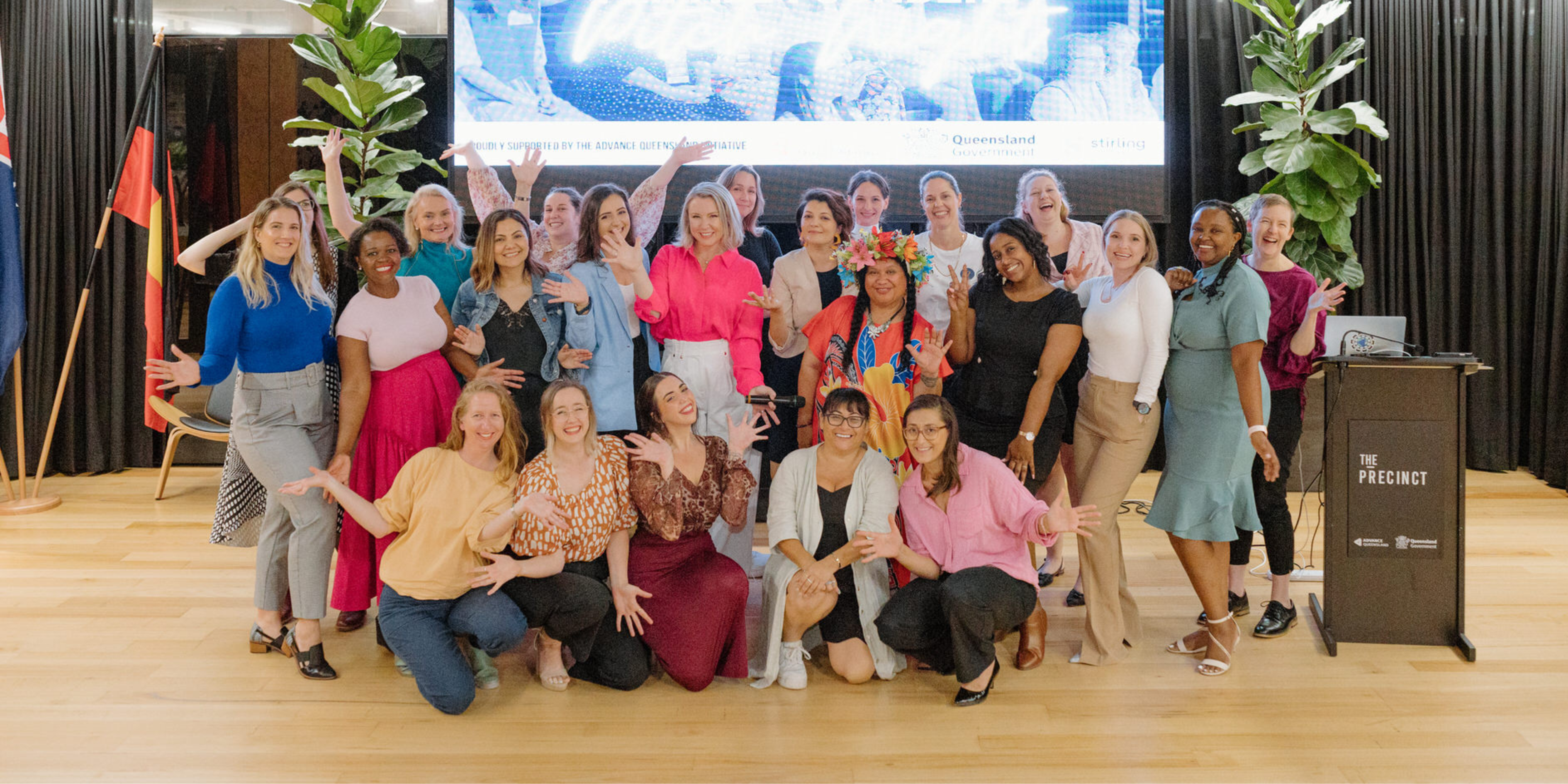Skills of the Modern Age Presents ‘Is Design Thinking Dead?’
With human-centred design at its core, Design Thinking encourages individuals and organisations to focus on the people they’re creating for. Since the 1990s when award-winning design company, IDEO, formed and started to popularise the term, Design Thinking has become inescapable. You can't have a conversation about innovation, design, or change, without design thinking being mentioned at least once.
To explore whether all the hype is justified, join a very experienced panel of design gurus including Nick Leigh, Head of Experience Design from Bankwest, Danielle Giles, Executive Manager of Experience and Content from Scitech, Deborah Levy Bencheton, Design Lead at HealthEngine, and Jonathan Steingiesser, Strategic Design Associate Director from Isobar, as they go head to head in the biggest design debate you’ll see this year.
As Head of Experience Design at Bankwest, Nick Leigh shares with us a few of his ideas in the lead up to the event. “Design thinking is definitely in danger of being overhyped, but aren't most other things too in our ever accelerating hype cycles? Until we start seeing more companies than not create new value through products and services that are truly co-created with their customers, I feel it's barely gotten started…”
While Jonathan Steingiesser, Strategic Design Associate Director for Isobar, has opposing ideas. “Design thinking is a good starting point. However, true understanding and real change comes from continuous application of the design craft. The right mindset is required to have the humility of allowing the humans we are designing for to play a central role in the process of creation.“
Danielle Giles, Executive Manager of Experience and Content from Scitech, has a different approach to how design thinking works. “Co-design, human centered design and design thinking really do go hand in hand,” She tells us. “When you’re working with marginalised communities, we’re actually morally obligated to follow a design thinking process. There’s no way for you to think you can represent the needs and wants of these communities, and that is when this approach really shows its value.”
Are you interested to see where this debate goes? Don’t miss out and grab your ticket today. Please note, your ticket cost includes light lunch and refreshments.
Alternatively, book a tour of Spacecubed today to join our community and receive news and information on upcoming events before anyone else!
